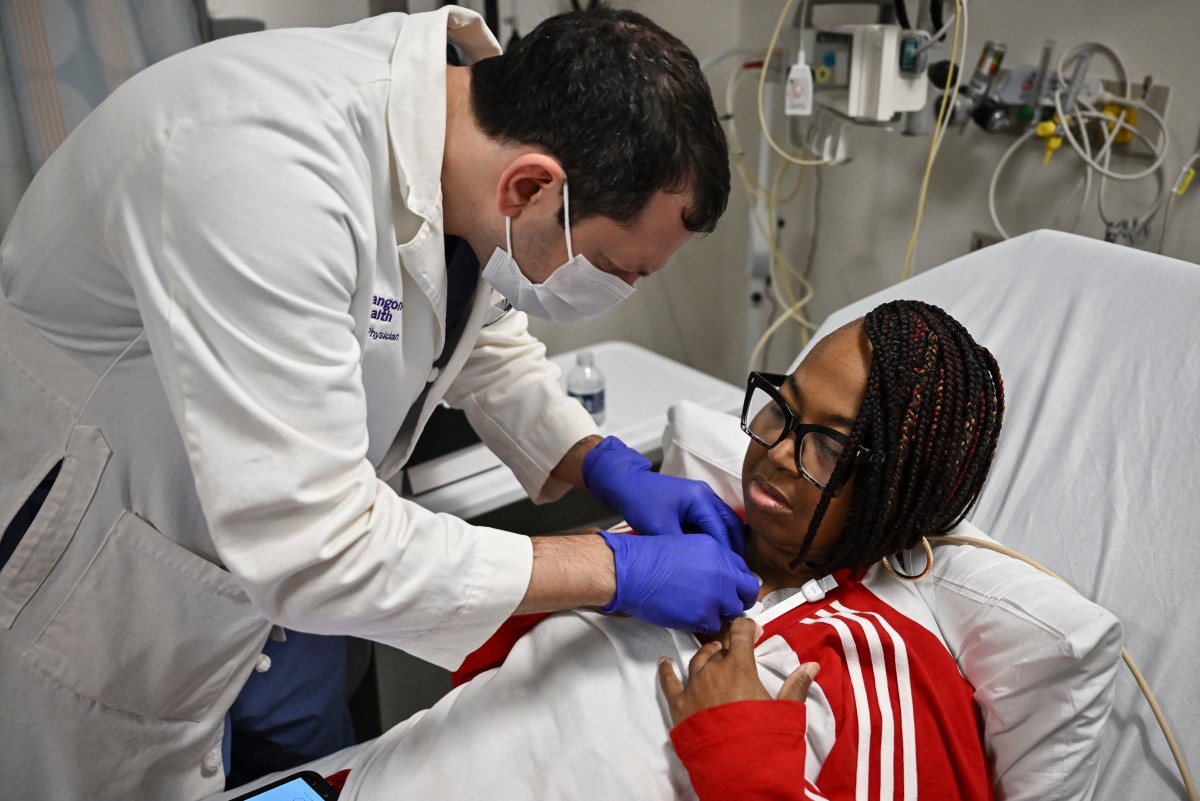Washington, United States – Doctors have had to remove the pig kidney implanted in an American woman after her body rejected it, but her four months living with the animal’s organ set a record, the hospital that performed the operation said Friday.
Her body’s eventual rejection of the transplant showed that the reliable use of animal organs remains a distant goal, but doctors took some hope since the pig kidney did its blood-filtering work for 130 days before the body began rejecting it.
A handful of patients had previously received pig kidneys, but none had survived more than two months.
Doctors said Looney, who is again receiving dialysis treatment, remains a candidate to receive a human kidney if one becomes available.
In a statement released by NYU Langone Hospital in New York, Looney expressed her gratitude for the care and support of her medical team there.
“For the first time since 2016, I enjoyed time with friends and family without planning around dialysis treatments,” she said.
“Though the outcome is not what anyone wanted, I know a lot was learned from my 130 days with a pig kidney —- and that this can help and inspire many others.”
In 1999, Looney had donated a kidney to her mother. After a pregnancy-related complication damaged her remaining kidney, she spent eight years on dialysis.
Doctors were unable to find a compatible human donor, and Looney — her health deteriorating — was ultimately cleared to receive a genetically modified pig kidney.
Though early results were encouraging, “in early April, she had a reduction in renal function due to acute rejection,” said Robert Montgomery, the chair of surgery and director of the hospital’s transplant institute.
He added: “What triggered the rejection episode after a long period of stability is being actively investigated, but it followed a lowering of her immunosuppression regimen to treat an infection unrelated to the pig kidney.”
The treatment seeks to inhibit the body’s immune system to prevent it from attacking the implanted organ, but it also weakens the body’s ability to fight off external infections.
The decision to remove the pig kidney was taken jointly by Looney and her doctors, in order to preserve “future possibilities for transplantation.”
Doctors said she recovered rapidly from the April 4 operation, was discharged from the hospital on the fifth day after surgery, and “is back home in Alabama doing well.”








